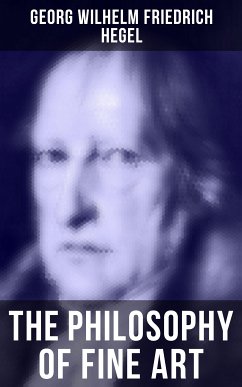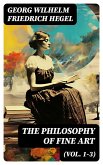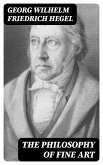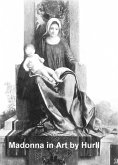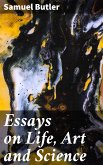Georg Wilhelm Friedrich Hegel's 'The Philosophy of Fine Art' is a seminal work that delves into the intricate relationship between art and philosophy. Written with Hegel's characteristic dialectical style, this book examines the essence of beauty, the evolution of art throughout history, and the significance of artistic expression in the human experience. Hegel's exploration of the subjective nature of art, its relation to the Absolute, and its role in shaping society makes this book a must-read for anyone interested in aesthetics and intellectual culture. His dense prose and complex arguments reflect his deep understanding of art and philosophy, making this work a challenging but rewarding read for those willing to engage with Hegel's philosophical ideas. The intricate connections Hegel draws between art, history, and thought showcase his profound insights into the nature of artistic creativity and its impact on the human spirit. 'The Philosophy of Fine Art' is a timeless masterpiece that continues to inspire scholars and art lovers alike, reaffirming Hegel's enduring influence on aesthetics and philosophical thought.
Dieser Download kann aus rechtlichen Gründen nur mit Rechnungsadresse in A, B, BG, CY, CZ, D, DK, EW, E, FIN, F, GR, H, IRL, I, LT, L, LR, M, NL, PL, P, R, S, SLO, SK ausgeliefert werden.

